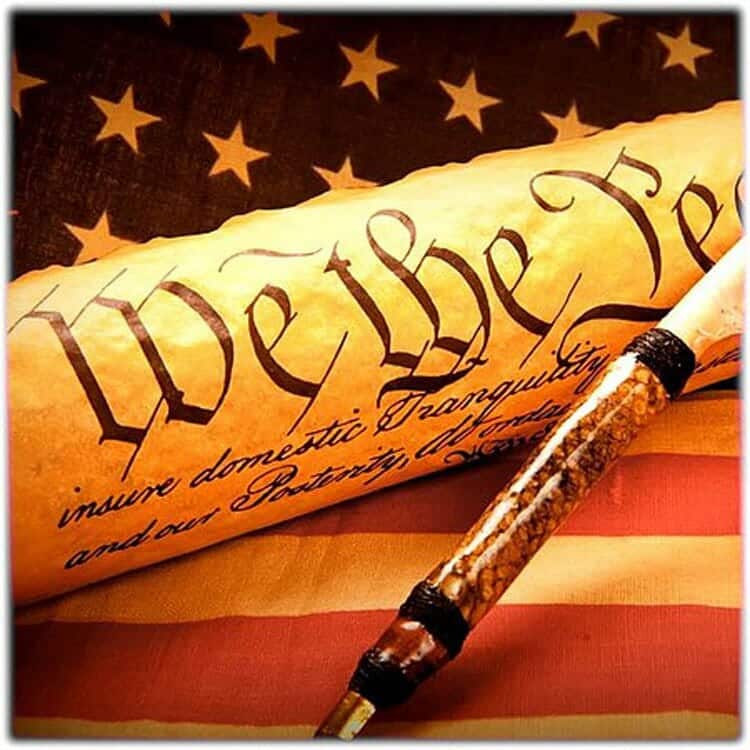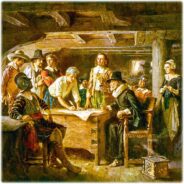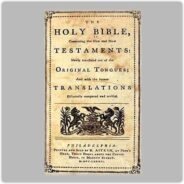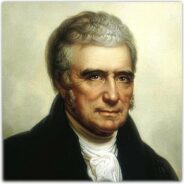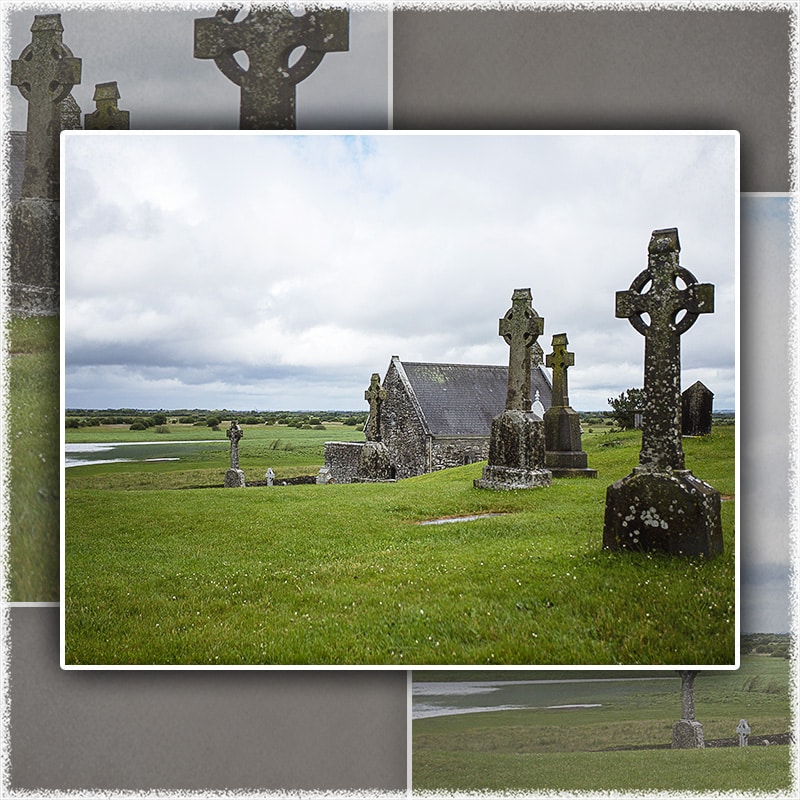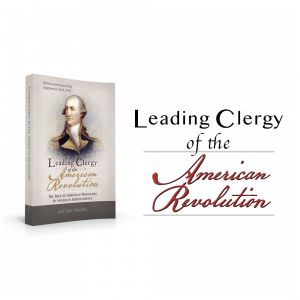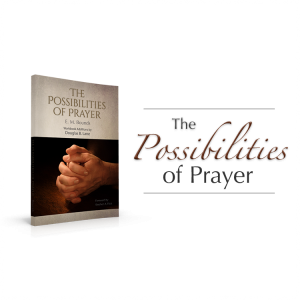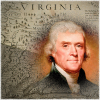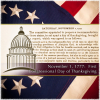Since the 1940s, Christians in America have been waging polemical warfare against usurpationists and their claims of a godless Constitution. In 1996, Cornell University professors Isaac Kramnick and R. Laurence Moore published a joint work titled, The Godless Constitution: The Case Against Religious Correctness (W. W. Horton). The title of the work was an apt description of their thesis—the Constitutional Fathers were completely irreligious in their efforts to provide a federal government for the thirteen founding states. They argued that America’s Founding Fathers sought to establish and create “an utterly secular state." Betraying true scholarship, Kramnick and Moore acknowledge their subjective perspective in writing their book when they inform their readers, “…we have dispensed with the usual scholarly apparatus of footnotes." Kramnick and Moore had lived in an academic community where this practice, historically, has been unacceptable. Only after they were challenged to produce their evidence did they attempt to provide footnotes to substantiate their opinions.
The Constitution was adopted on September 17, 1787, by the Constitutional Convention in Philadelphia, Pennsylvania, and ratified by conventions in eleven States. It went into effect on March 4, 1789.
These two authors are part of an increasing number of people who wish to enjoy the benefits that America provides while seeking to attack and destroy the source of America’s goodness. They enjoy the grapes, yet tragically seek to destroy the vine that has produced them. These may correctly be regarded as “usurpationists." They are usurpers who encroach and infringe upon the rightful heritage of America, denying the benefits and blessings upon subsequent generations that accompany the benediction of the eternal God. They are intolerant toward America’s Christian heritage, seek to destroy its laws, and strive to dominate America’s institutions.
The failure of Kramnick and Moore, like so many other usurpationists, is their refusal to acknowledge and properly interpret the context in which the Constitution was formed. Prior to the American Revolution, law in the Colonies was clearly Christian. In fact, the first legal document of the American republic—the Mayflower Compact (1620)—indicated that the Pilgrims had undertaken their voyage to the New World “for the glory of God, and advancement of the Christian faith." The Old Deluder Satan Law and the rise of the Christian schools that would become the Ivy League were only initial efforts of evangelicals to ensure that the tyranny of the Old World would not be replicated in the New—and, there is a profound reason that a statue of the famed Anglican evangelist, George Whitefield, is on Penn State’s campus to this day! The first constitution in the New World was not penned in 1787, but in 1639 and was known as the Fundamental Orders of Connecticut. The primary influence behind this constitution was Rev. Thomas Hooker. Under the influence of Rev. Hooker, The Fundamental Orders, or constitution, of the colony of Connecticut became the first written constitution in Western civilization, and for this reason, Connecticut is called “The Constitution State." All colonies, and eventually states, established their legal codes upon a Christian legal foundation—including the spiritual descendants of Lord Baltimore and Catholic Maryland.
Christian Influence Before the Constitution
The era of national formation was no less influenced by the Christian faith than that era which preceded the American Revolution. From 1774 to 1789, the American Colonies were guided and governed by the Continental Congress. Three phases marked the development and work of the Continental Congress. The first phase of development, which was short-lived, occurred in 1774. The second phase began the following year, in 1775, when the son and grandson of ministers, Patrick Henry, was elected as president of the Second Continental Congress. This phase of the Continental Congress dissolved the authority of King George III over the Colonies with The Declaration of Independence (1776). To establish a means of governance between the newly formed states, this Congress also developed Articles of Confederation and Perpetual Union (1777) that continued (though loosely) to govern the relationships of the states to each other until the ratification and implementation of the Constitution that culminated in 1789. The Second Continental Congress identified itself with Christianity in a variety of ways, but perhaps the most significant was formal approval and advocacy of the Bible. Throughout their history, the American colonies had relied upon England to supply them with Bibles. But during the Revolutionary War, that supply was cut off. Patrick Allison, Chaplain of the Congress, placed before that body a request to meet the demand for Bibles. A committee studied the problem and recommended that 20,000 Bibles be imported from Holland, Scotland, or elsewhere. In 1780, Congress again approved another request for Bibles, and in 1781, Robert Aitken, a Philadelphia bookseller and publisher of The Pennsylvania Magazine, petitioned Congress to print the needed Bibles in his bookshop. Many of the Bibles that Aitken published were distributed by the members of the Continental Congress themselves. The Second Continental Congress was far from secular!
Christian Influence Upon the Constitution
The third and final phase of development in the Continental Congress, also known as the Confederation Congress, occurred between 1781 and 1789 when it was phased out by the Constitution and provided for elected representatives. The primary work of this final phase of the Continental Congress was twofold: development and passage of the Northwest Ordinance (1787) and the drafting of the Constitution for ratification by the states (1787). The Northwest Ordinance is never discussed in matters pertaining to the influence of Christianity upon the founding of America, but it should be. This Ordinance dissolved the claims of Pennsylvania, Virginia, New York, Connecticut, and Massachusetts to the land known as the Northwest Territory. This vast area of land would eventually compose the states of Ohio, Michigan, Indiana, Illinois, Wisconsin, and part of Minnesota. The Northwest Ordinance determined how these states and subsequent states would be admitted into the Union. While the first article of the Northwest Ordinance assured the freedom of worship, the third article placed the government in the role of insuring a special place for “religion" in America: “Religion, morality, and knowledge being necessary to good government and the happiness of mankind, schools and the means of education shall forever be encouraged." Unlike the pluralistic contemporary definitions of “religion," in early America it was used synonymously for “Christianity." This fact is assured by the “School Master of America," Noah Webster, as seen in his dictionary. Thus, states brought into the Union were brought in under this expectation, that they would create an environment conducive to the spread of Christianity and ensure it would be advocated—not a denomination, but the Christian faith in general.
The most devastating fact against the claim that America’s Founding Fathers sought to advocate a secular society is seen in the context of the ratification of the Constitution—something that no secularist ever mentions. When the Constitution was ratified by the states, eleven of the thirteen states had state recognized churches! The reason the federal Constitution is silent about religion is because the states were not sure they were willing to be part of a more centralized or federal government that would usurp the authority of their individual states, and if the question of religion tests was raised, it could be a divisive issue that would destroy hopes of a stronger union. All of the thirteen states had constitutions that already reflected dependence upon the Christian faith. In the vast majority (if not all) of the first constitutions of each state, America’s Christian heritage is evident. One needs only to examine the preambles of these early state constitutions to prove this fact.
State Constitutions Founded Upon Christianity
The fact that the federal constitution appears silent on the matter of religion is due to the fact that the state constitutions are not. Eleven of the thirteen original states had state churches when the United States Constitution was ratified. The First Amendment ensured that the federal government would never establish a federal church over the nation, nor would it assume the authority to tell the states that they had to disband their state churches. Never did the Founding Fathers imagine that the Supreme Court would one day tell school children in Tennessee or any other state they could not read the Bible or pray in school or deny them the privilege of saying “under God" when they recited the Pledge of Allegiance. The ratification of the Constitution at a time when there were state churches demonstrates that the Founding Fathers never empowered the federal government to dictate to states in matters of religion.
Contrary to the claims of Kramnick and Moore, America’s Founding Fathers had no desire whatsoever to establish a secular state, nor a federal church. The fact that some of the most significant figures of the early part of the nineteenth century were members of the American Sunday School Union, including Chief Justice John Marshall, demonstrates America’s Founding Fathers were looking for ways to perpetuate the Union by perpetuating the Gospel. Clearly, a historical understanding of the context of the ratification of the Constitution is a rebuke to usurping and meddling federal courts and is a present call to nullification by states.
In 1784, Rev. Dr. Jedediah Morse, “Father of American Geography" and father of Samuel Morse (inventor of the telegram), published his first book, Geography Made Easy. In it, he recognized what previous generations knew well and what the present generation has forgotten:
To the kindly influence of Christianity, we owe that degree of civil freedom and political and social happiness which mankind now enjoys. . . .
. . . In proportion as the genuine effects of Christianity are diminished in any nation, in the same proportion will the people of that nation recede from the blessings of genuine freedom. I hold this to be a truth confirmed by experience [and] it follows that all efforts made to destroy the foundations of our holy religion ultimately tend to the subversion also of our political freedom and happiness. Whenever the pillars of Christianity shall be overthrown, our present republican forms of government, and all the blessings which flow from them, must fall with them.
Related Articles

